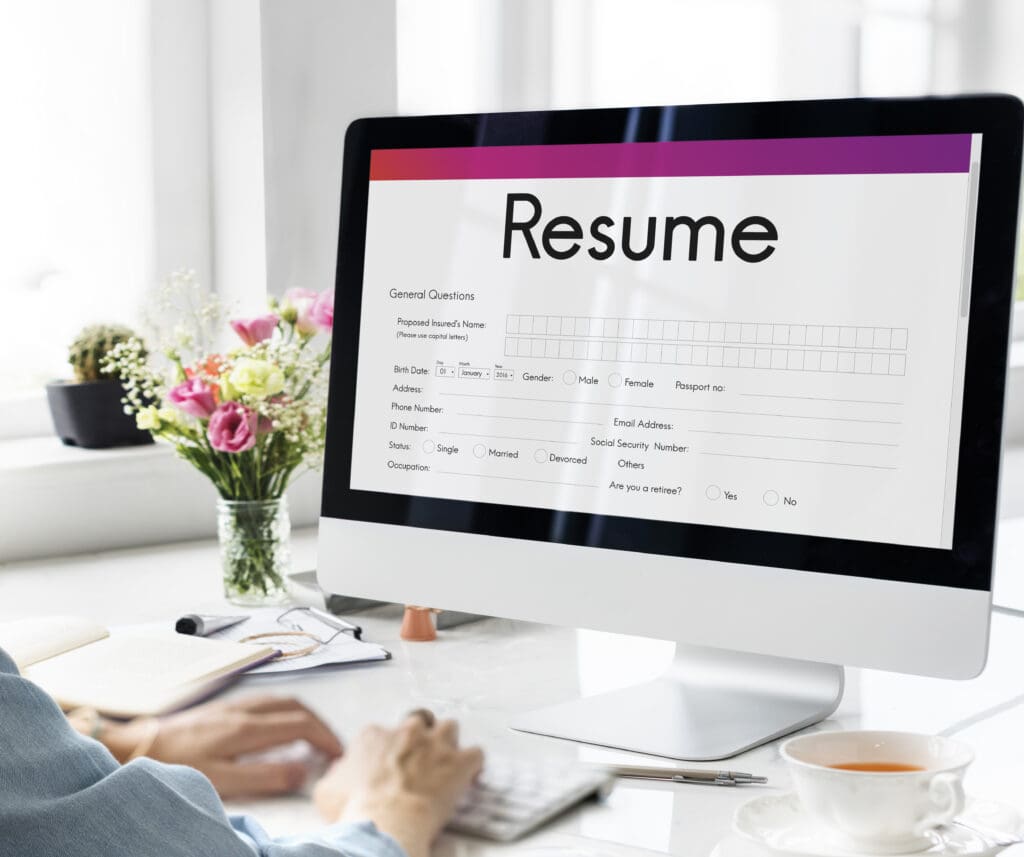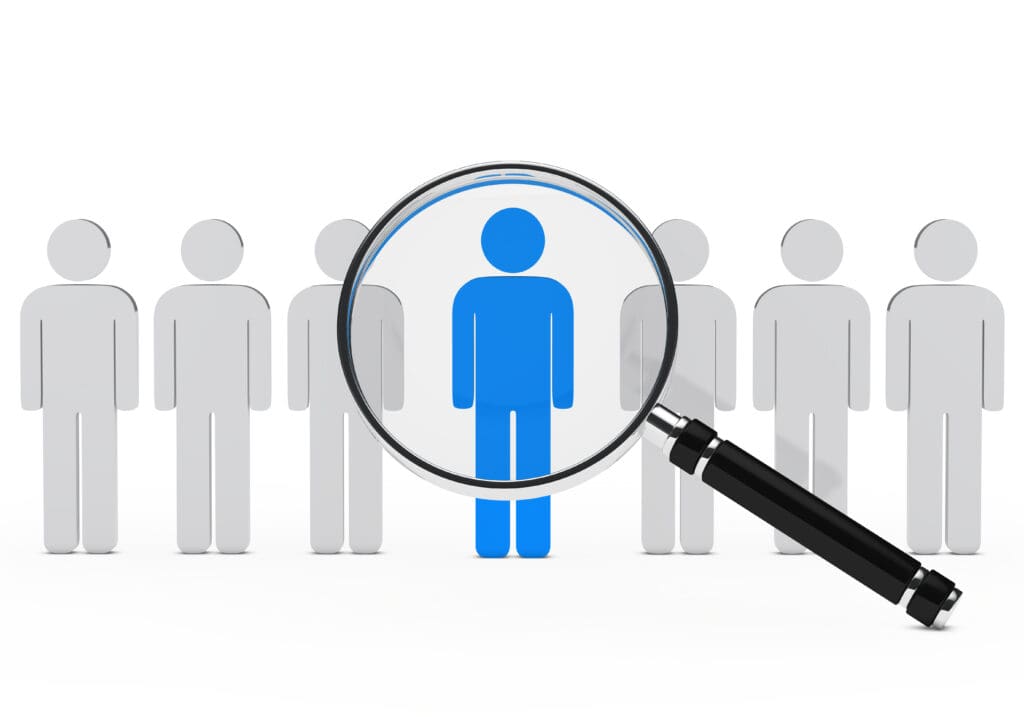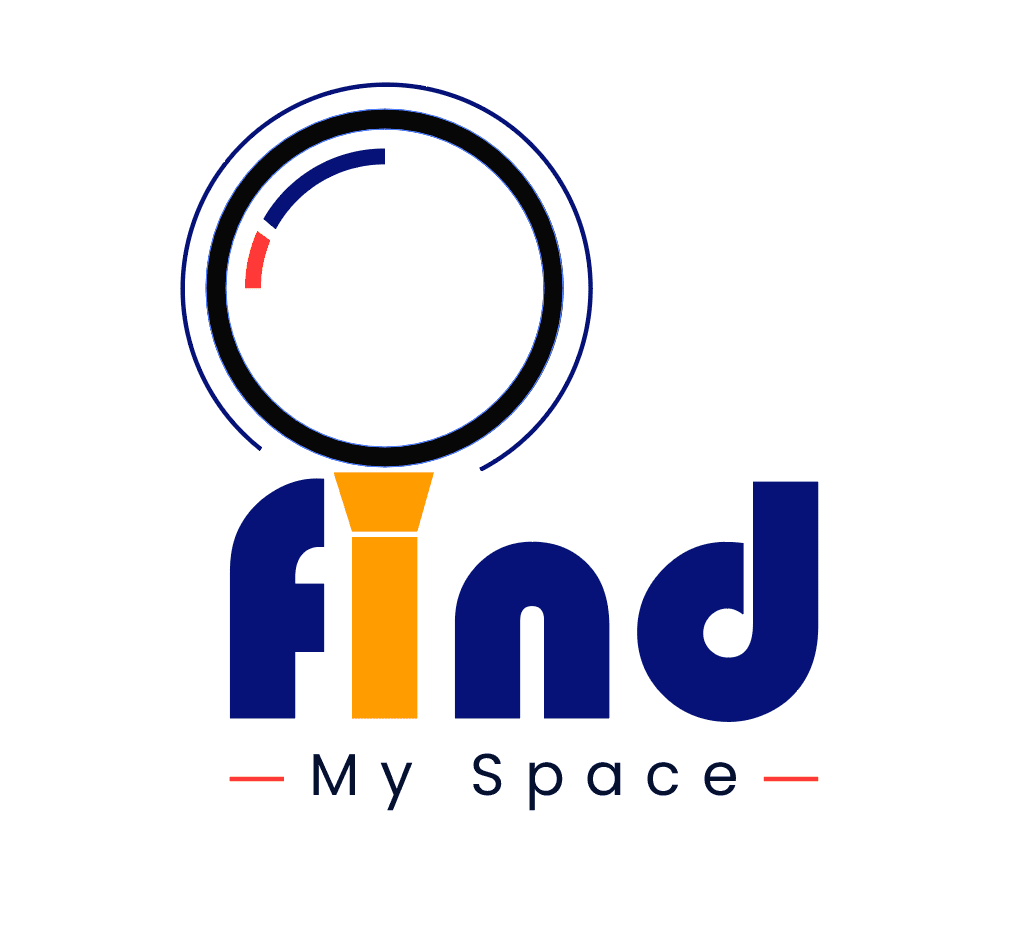HR departments all over the world are rapidly evolving in response to technological advancements. AI has transformed almost every profession out there, including human resources. Recruitment is a huge part of the job of an HR professional, and it is transforming rapidly due to AI-based systems.
In this article, we will look at how AI tools play a role in recruitment- what they can (and cannot) do for HR professionals. Then we will look at the pros and cons of integrating AI in your hiring process. Let’s begin!
AI in recruitment
According to an international survey report by Statista (2022), 31% of US respondents said that artificial intelligence is the top trend in how they hire. These responses were collected as far back as 2017. It’s been about 7 years since then, and AI has become even more popular.
Approaching candidates and processing their data
The initial phase of recruitment is gathering a pool of candidates. The larger the talent pool, the more choices and leverage you have, and the greater your chances of finding a good candidate for the role.
There are two parts in this process- first is reaching out to potential candidates- including those who don’t know about the job opening. AI does this through chatbots that are meant to approach people with information about the job profile, and offer them an opportunity to interview for the job.

The second part of the process is going through everyone’s profile, checking their background information, education, experience, skills, etc. and making the best choice. When you start hiring for a role, you most probably surf through a sea of resumes from different job search websites, social media profiles, LinkedIn profiles, emails addressed to the HR department, recommendations and referrals, etc.
That’s a lot of data to work with. Humans take a lot of time to process all of that and make the best decision. Fortunately, that is the forte of AI- processing things faster and more accurately, based on a set of rules- like an algorithm. These data driven algorithms identify candidates whose skills and experience match the requirements of the job.
Initial screening
When HR professionals post a job opening, they often clarify the minimum qualifications and experience required for the job. Still, some candidates who don’t match these criteria end up applying, just to see if they have a shot at it.

While it’s not a bad idea to try, it becomes an additional task for the HR guys to weed out these profiles and forward the batch to the interview round. Sounds like a tiresome, rather monotonous task. Well, once again, that’s the forte of AI- to do boring tasks with more accuracy and speed!
Natural language processing is a type of algorithm that allows AI to understand natural speech. Believe it or not, AI can do complex tasks rather quickly, but it has a real hard time understanding human language the way we do.
So, using this algorithm, AI recruiting systems automatically filter out resumes and applications that don’t fit the criteria- kind of like the filters you put for price and brand while shopping online. Moreover, there is something called a machine learning algorithm, that even allows AI systems to learn from their past experience.
So if the system repeatedly finds that candidates with certain stuff on their resume are underperformers, then the next time it finds a similar resume, the system will immediately flag it. What to do with the profile then, is a decision best left to human judgment.
Assessment and interviewing
After the initial screening, candidates are typically required to attend certain tests or exams to check their technical knowledge, and are interviewed by technical experts. If they clear this round, they are then assessed for their personality and social skills, especially if the job requires talking to clients and stakeholders.

AI tools help in conducting automated assessments of aptitude, knowledge and technical expertise. Virtual interviewing platforms also analyze the non-verbal behaviour of candidates like facial expressions, tone of voice, body language, etc.
The most commonly used AI tool is a chatbot which serves as an initial point of contact between candidates and human interviewers. The chatbot asks certain predefined questions to make sure that the candidate has adequate information about the role, and knows what is expected of them in the assessment.
Selection and onboarding
Every HR professional knows that selecting the right candidate is not just about skills and experience. There has to be a good person organization fit, meaning that the candidate’s background should allow them to easily adjust to the work culture and people in the organization.

While human judgment is the best way of making such a decision, AI can certainly help. Predictive analytics algorithms are used for this purpose. They analyze the performance of similar candidates in the past, and predict how well the new candidate will blend in with the organization.
Once the candidate is selected- the next task is to make sure that they join. Often, candidates seek job offers as leverage to get a raise in their current job. At other times, they might change their mind about the new job, and turn down the offer, or worse- ghost the employer.
Because of such uncertainty, HR professionals have to be very careful in their communication after the job has been offered. AI tools automate all administrative tasks related to onboarding, like checking documents, sending offer letter, following up on emails, scheduling training sessions, etc.
AI plays a huge role in retention of candidates in that small window of time between selection and onboarding. Esch and Black (2019) found that apart from the media hype around AI, simply knowing that AI tools are used in recruitment creates a positive image of the company in front of potential candidates.
Since all these tasks are taken care of, HR professionals can focus their attention on maintaining good communication with the candidate, and ensuring that they make a smooth transition. They have more time to listen to any concerns that the candidate might have, and making reasonable accommodations to make their onboarding convenient.
Why HR departments like AI
So far, we have looked at how AI automates and speeds up key tasks that lie in the HR domain. Black and Esch (2020) discussed the key reasons why AI has become popular in recruiting. They found that the increasing importance placed on human resources in a company, digitalization of organizational processes, and recent advances in AI are the main reasons behind this trend.
Here’s why more and more HR departments are turning to AI tools for their daily tasks.
- Greater efficiency
- Less bias. However, this point is questionable. For example, Capunao (2023) has discussed how AI recruitment tools have hidden biases based on class and social background.
- Better experience for candidates
- Smarter hiring decisions
Pitfalls of AI in recruitment
It is a common saying that AI is a double-edged sword (so is every new invention). Here are a few things you need to be cautious about while using AI tools.
- Data security concerns
- Cannot replace human judgment
- Regulations of AI use
If you are an HR professional, using AI in your recruitment process can be a confusing decision, and an overwhelming change. At the same time, there is a lot to benefit from this transition. A careful assessment of the needs and priorities of your department is the first step in effective decision making. We hope this article gave you something to think about!


GIPHY App Key not set. Please check settings